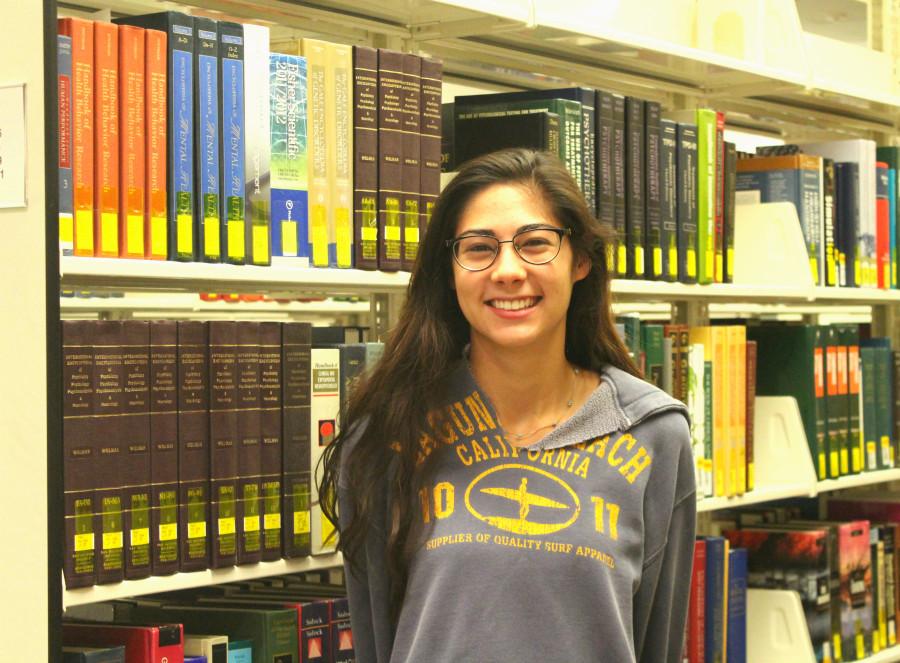Student researches impacts of fairtrade bananas
Junior Paige Hughes was drawn to fair trade-focused research by an interest in social justice.
Case Western Reserve University third-year student Paige Hughes has always liked bananas. In the InterReligious Task Force on Central America (IRTF) she found an organization that combined her passions for bananas and social justice.
The mission of IRTF, a Cleveland-based non-profit organization that Hughes founded through the Center for Civic Engagement and Learning (CCEL), is to promote peace and human rights in regions of Central America where workers are subject to extreme exploitation. Some of the most severe working conditions are found on plantations that grow bananas and other crops.
“People are losing their homes, they’re getting killed for not cooperating,” said Hughes. “The [work] conditions are not environmentally safe, especially with the pesticides that companies use and the lack of protection.”
Since the beginning of her second year, Hughes has worked with IRTF on various research projects exposing the major human rights violations committed by major corporations like Dole, Chiquita and Del Monte and examining the far-reaching implications of free trade.
“I had no idea how much human destruction and how much power a piece of fruit can bring,” said Hughes. “You don’t hear about bananas on the news, but now that I know about it, I can’t turn back on it now.”
Hughes’ work with IRTF ranges from conducting historical research to compiling statistics about banana plantations in Central American countries like Honduras, Colombia, Guatemala and Nicaragua.
Her current project is more involved with the consumer end. Hughes hopes to bring more awareness to the exploitative conditions on banana plantations. She says many consumers are simply unaware of the type of labor used to import bananas and other crops.
“I just want to be able to connect to people here and connect them to the cause I’m working for,” said Hughes. “If people are able to support a certain cause, and pay a couple extra cents per pound, it would make somebody’s life better.”
In high school, Hughes says she did not have exposure to social justice until her final year. This interest in the topic followed her to college, where she plans to acquire degrees in international studies and chemistry.
“There was something [about social justice] I just gravitated towards, that I felt like I cared about, so I felt like if I wasn’t going to do it, it probably would have been a burden on me,” said Hughes.
Through her work with IRTF, Hughes also gained more experience with nonprofit work.
“As much as working for a nonprofit is eye-opening…it’s also very draining, emotionally,” said Hughes.
“I hope that my research will get my message across,” said Hughes. “It’s not so much trying to prove how much work I put into it, but just get people to realize how… we should pay attention to how things in our daily lives can dictate where other people’s lives go.”


